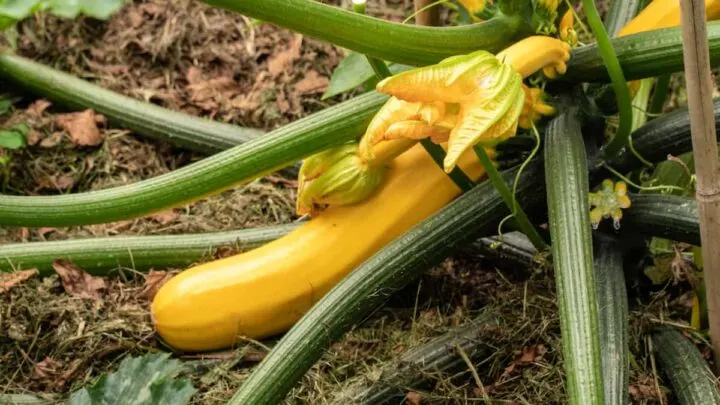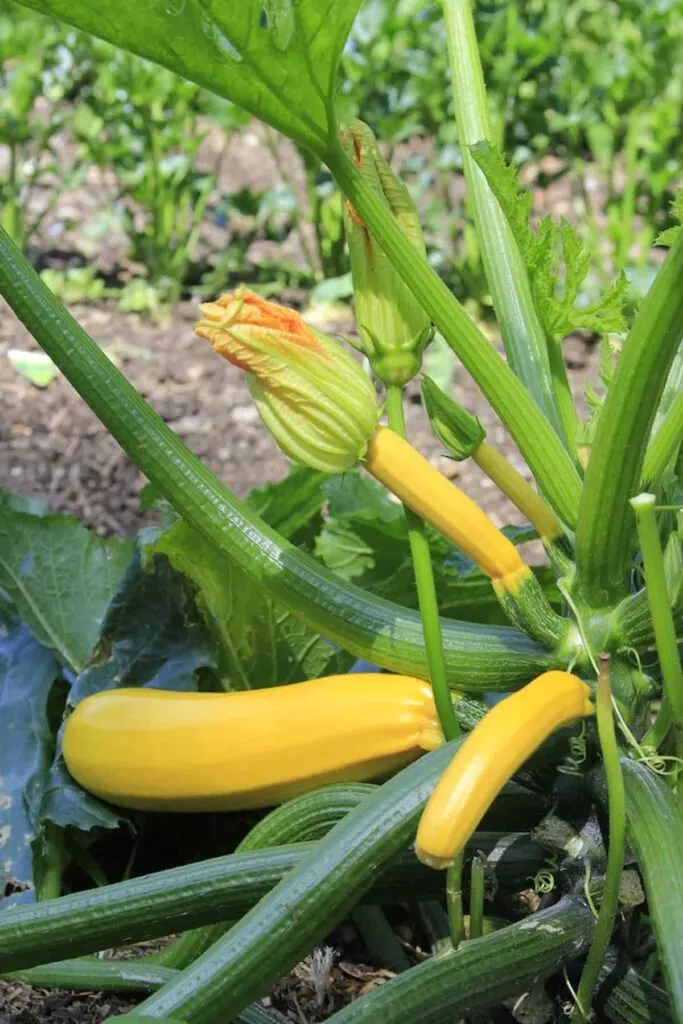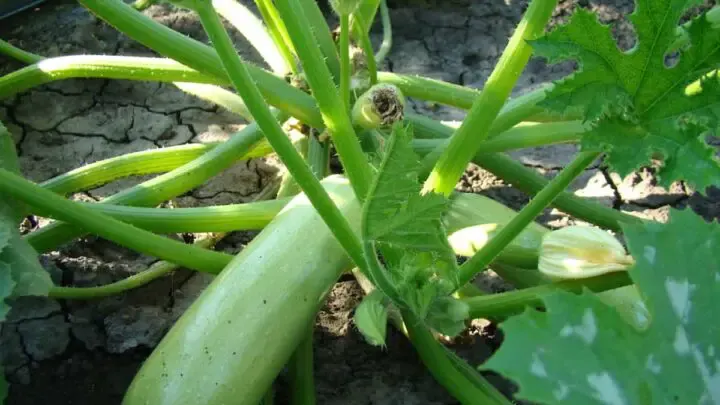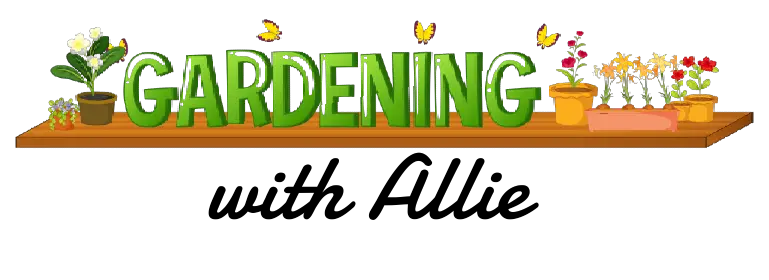Yellow garden squash is a versatile fruit that many people love. Squash is relatively simple to grow and can be planted in a home garden. When harvesting squash, it is common to notice a problem right away with the feeling of the squash themselves. Your expectations may be high for your first batch of squash ready to be harvested, but as you pick them off the vines, you may wonder, why is my garden squash hard?
Squash can become hard if you waited too long to harvest it. They are likely overripe, giving them a hard and tough texture that may be unpleasant to eat. Overripe squash is typically a dark yellow that may even have an orange tone.
Once the fruit of a squash plant develops, the squash will grow very quickly, making it easy to miss the correct harvest time.
If you’ve struggled with hard garden squash, don’t give up. Keep reading and follow the simple steps below to know when your squash is ready to harvest and avoid letting it become overripe.

When Is My Squash Ready To Harvest?
The color and feel are the easiest and most obvious way to tell that your squash is ready to harvest. If you are growing a yellow squash variety such as crookneck or straight neck squash, they should develop a pale yellow color, and the skin will be tender to the touch.
Green squash varieties like acorn squash will develop a deep green color. When you flip them over, the underside should have a little orange on it. The skin will be somewhat tough but should still puncture with some force. That is how you know they are ripe.
Tips:
- Get outside and thoroughly check on your squash every day. Squash may grow very quickly at 1-2 inches every day. They will become ripe and be ready to harvest faster than you expect.
- Bring a ruler or measuring tape to the garden with you and determine the length of your squash. They typically are ripe at around 4-7 inches long and should be easy to puncture with a light press of a tool or object.
- To harvest your squash, try to leave a small piece of the fruit still attached to the vine. You do this by cutting the stem off with a knife just below the spot where it attaches to the squash. You can also grab onto the squash, and the stem simultaneously and gently rotate the squash in your hand until it naturally tears off. No matter which method you choose, try your best not to damage any of the vines. Also, squash has tiny, prickling hairs growing all over it. This can be painful to grab onto, so you may want to wear some good gardening gloves when harvesting.
- Remember to keep up on harvesting your squash throughout the season. Check frequently to ensure you aren’t letting any of them become overripe and go to waste.

Identify And Remove Bad Squash
Maturing squash typically changes from its pale yellow to a darker, almost orange color. When it’s practically all orange, it is very mature and will be very hard to feel.
Unless there is rotting or mold, It is safe to eat overripe squash; it just might be hard for some to chew it with its hard consistency. Overripe squash may also have many more seeds, tasteless flesh, and a tough texture. They are undesirable to many people.

Don’t let overripe squash remain on the vine for too long. Harvest them as quickly as possible. If your squash is too overripe and unpleasant to eat, you can compost them to use them as fertilizer next season. Some animals may be happy to eat them as well. That way, they won’t completely go to waste.
If you don’t remove ripe, mature, or overripe squash from the vine, your squash plant will still give its energy to them. Picking them off will allow the plant to give the remainder of its energy to ripening the squash that isn’t ready.
If ripe squash is neglected, then young squash may never have a chance to ripen. It is very important to maintain your squash plants and harvest regularly to get the most out of them and honor their hard work in producing fruit.

Does Squash Continue To Ripen Once It’s Picked?
Now that you know squash can become overripe fast on the vine and get hard in texture, you must wonder if perfectly ripe squash will continue to ripen after it’s picked. Will your squash harden to the point that it’s inedible a couple of days after you pick it?
Unlike most fruits and vegetables, squash won’t ripen much once they are picked. That is why it’s best to leave them on the vine until they are perfectly ripe and then harvest them. They won’t over-ripen once picked, but they can begin to spoil and taste unpleasant after a while. Cut them up and freeze them if you aren’t able to eat them before they go bad.
Last Thoughts
Yellow and green squash are great fruits that can be eaten on their own or incorporated into a dish. Many people love them around the fall to eat and decorate their homes. They are a festive fruit, much like pumpkins. Squash can be a very rewarding crop to grow.
Like most everything you grow in your garden, they require maintenance, especially once the actual squash has developed on the vine. Use the tips listed above to take care of your squash plants and frequently harvest to get the most out of your squash plants.
It’s sad to let fruit that could have been harvested and eaten go to waste, especially after the effort you most likely put in to get your squash plants to grow and produce. Use an overripe and hard squash as an encouragement to harvest regularly.

Hi there, my name is Allie and welcome to my blog; GareningWithAllie!
Much of what you see written here is just our personal experiences with gardening. Along with the content I write here, there is also a unique collection of gardening topics covered by some of our close friends. I hope you find everything you read here to be helpful, informative, and something that can make your gardening journey the most lovely experience ever! With that said, Happy Gardening!
